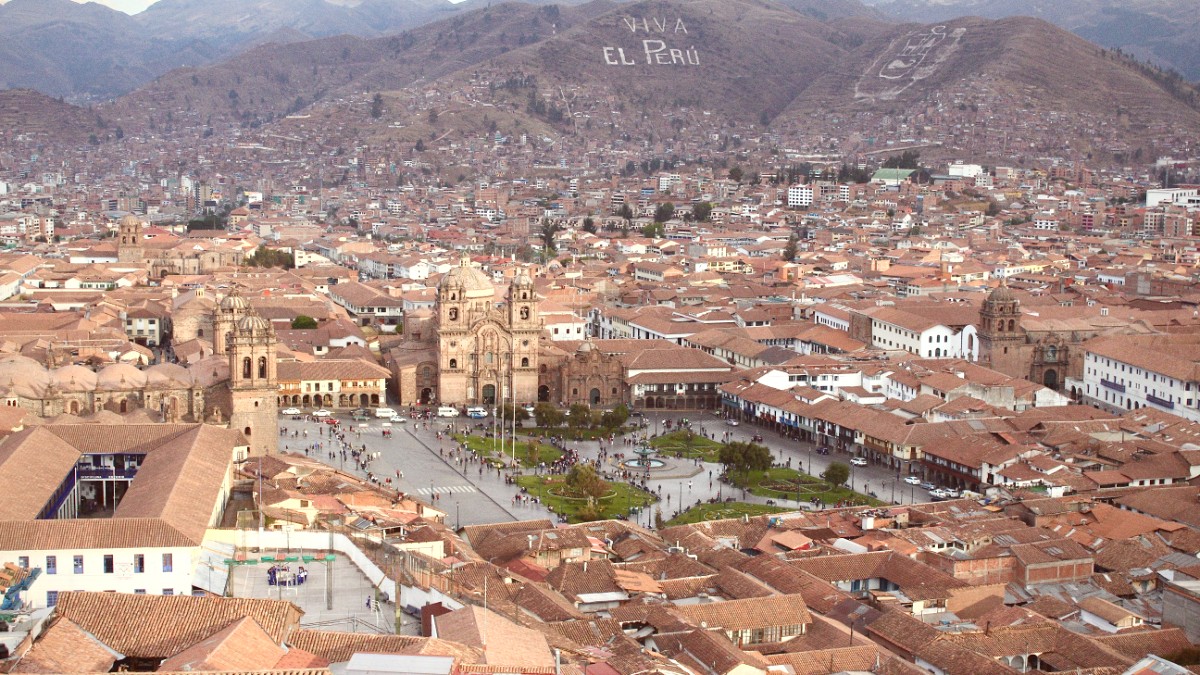
Peru
Machu Picchu Historical Sanctuary is an UNESCO World Heritage site with strict environmental rules.
Recycling infrastructure in Cusco develops, but it is limited. Waste often ends up in landfills.
Water scarcity can be an issue in the high Andes, especially during the dry season. Use water mindfully.
Make choices that benefit the environment.
Minimize plastic use. Carry a reusable water bottle and refill it. Use reusable shopping bags.
Consider offsetting your flight emissions through reputable carbon offset programs.
Support organizations dedicated to preserving Peru's natural heritage.
Shop at The Rainforest SiteRespect archaeological sites by staying on designated paths, not touching or climbing on ruins.
A polite request for photos goes a long way. Dress modestly when visiting churches or traditional communities.
Modest dress shows respect (covered shoulders and knees). Remove hats when entering sacred spaces.
Avoid discussing politics or sensitive historical events unless invited by locals and you are well-informed.
Your choices contribute to the well-being of the communities you visit. Choose practices fostering fair and equitable benefits.
Seek out tours and experiences that directly benefit local communities like homestays or co-ops.
Buy handicrafts from certified fair-trade organizations or directly from artisan workshops. Centro de Textiles Tradicionales del Cusco is good.
Eat at local restaurants, shop at local markets, and book with local agencies when possible.
Every interaction with locals is an opportunity to learn and show respect for their rich cultural heritage.
Your travel choices can have a direct and lasting economic impact on local communities.
Seek out tours and experiences that directly benefit local communities. This includes homestays, community visits, or tours run by local cooperatives.
Buy handicrafts from certified fair-trade organizations or directly from artisan workshops.
Eat at local restaurants (picanterías, menú del día spots), shop at local markets, and book tours with local agencies rather than large international chains.
Giving money directly to beggars can perpetuate cycles of poverty and discourage school attendance.
If you wish to donate, research and support established local NGOs or community projects focused on education, health, or environmental conservation.
Find organizations with transparency and local impact.
Support initiatives for education, health, or conservation.
Direct donations to organizations are typically more effective than individual handouts.
Your spending choices make a lasting impact. Support practices that uphold fair and equitable benefits for local communities.
Your visit can be a force for good. Choose tour operators and businesses committed to ethical practices and community well-being.